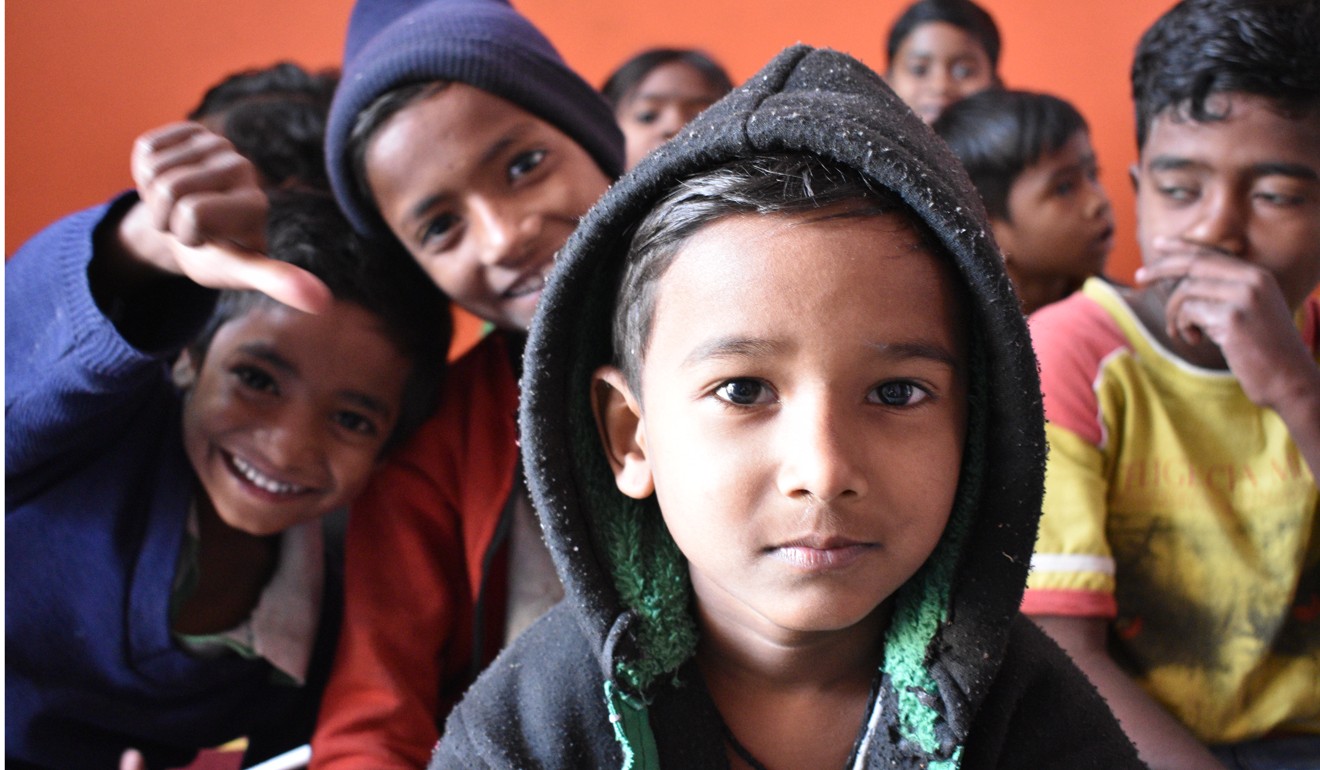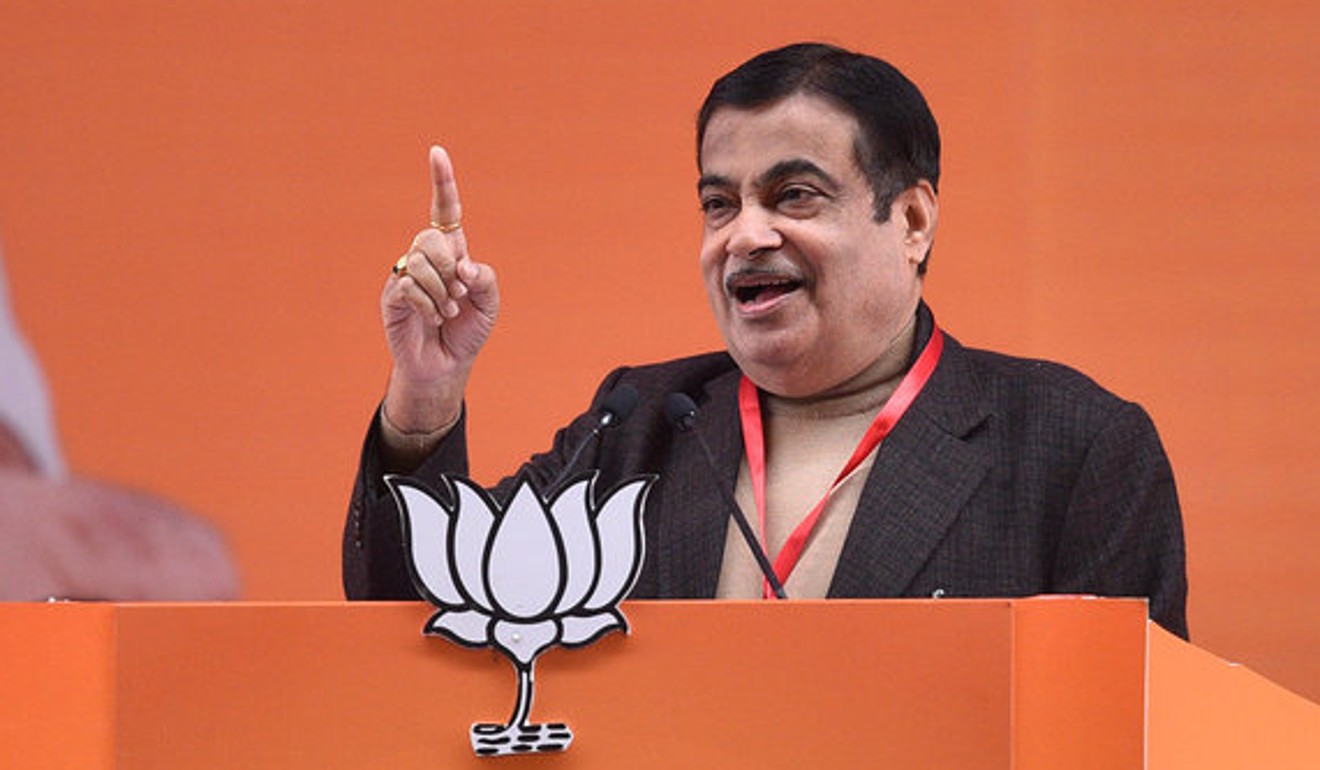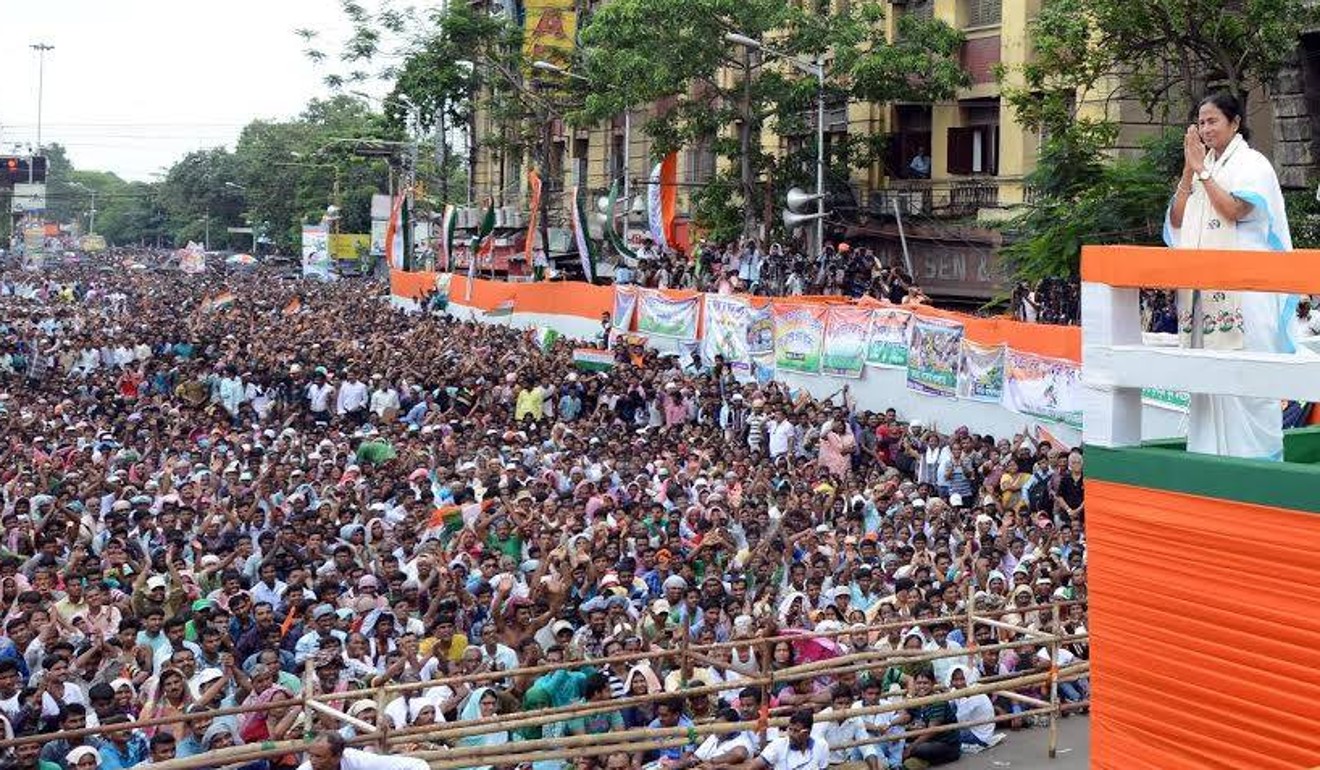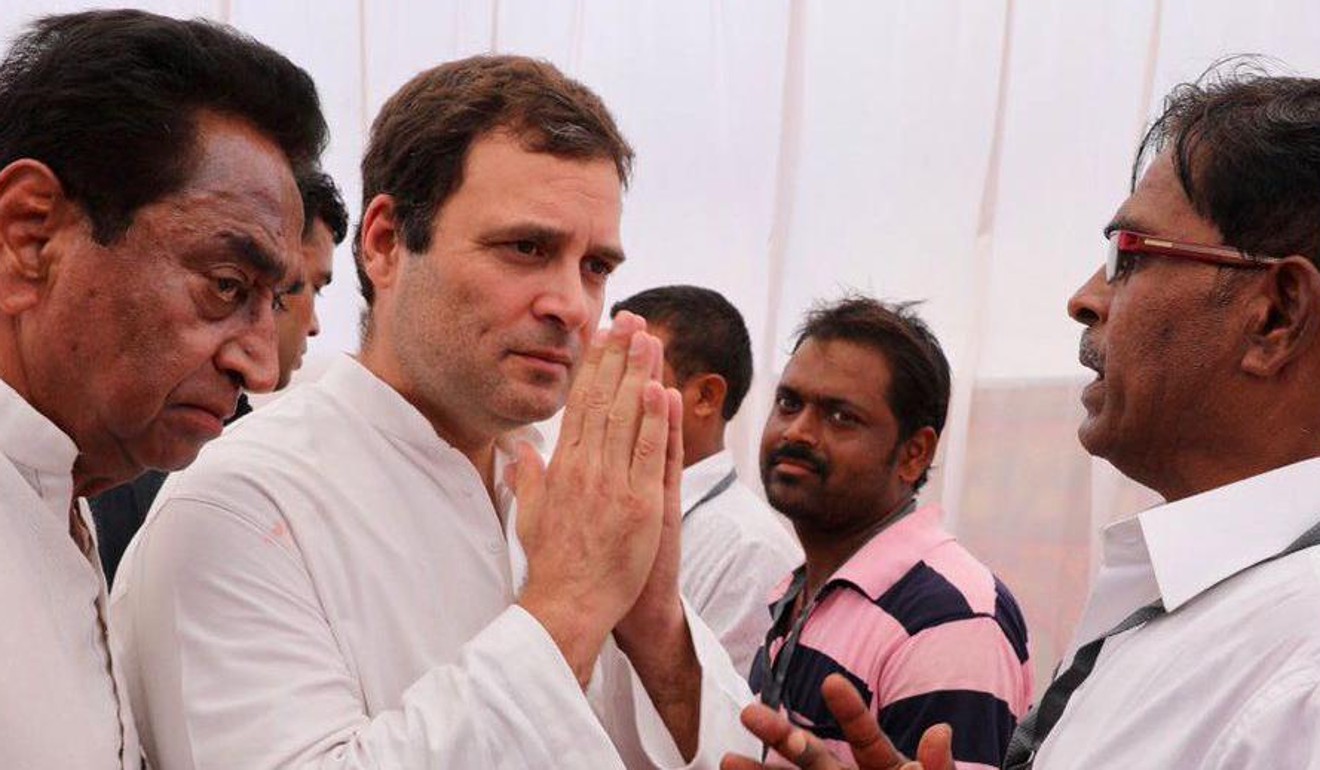
In India’s elections, if not Modi, who?
- The question has been repeated so often by the incumbent prime minister’s supporters that it has become a catchphrase to rebuke the opposition
- Thanks to the election campaign’s quasi-presidential nature, many wonder who could challenge his immense charisma and huge following

Veena Kumari is a typical Narendra Modi voter: a 52-year-old housewife. With her farmer husband, she lives in a village close to Pratapgarh, a dusty town with an “unfinished” vibe just 170km from Lucknow, the capital of Uttar Pradesh.
“Unemployment is the main issue in the country, but this has improved. If we give Modi another five years, there will be no more unemployment.”

Her twenty-something son will finish college in two years. Veena is certain that if the incumbent prime minister is re-elected, her son will get a job: “Modi will solve our problems. If not Modi, who?”
To his supporters, the strongman is irreplaceable. The question has been repeated so often that it has become a catchphrase to rebuke the opposition.
Still, the quasi-presidential nature of the campaign reinforces its importance: who could challenge Modi’s immense charisma and huge following?
He could potentially stumble over his less-than-stellar economic record, his shameless disregard for minorities and curious lack of concern for rural India’s terrible poverty. Indeed, his Bharatiya Janata Party (BJP) looks set for a humbler outing in the upcoming polls.
Could a replacement – perhaps a less divisive, more “clubbable” leader emerge from the prime minister’s own camp?
It’s worth remembering that he wasn’t the sole beneficiary back in 2014 when the BJP first swept to power. The highly influential Nagpur-based Hindu organisation, the Rashtriya Swayamsevak Sangh (RSS) was arguably the ultimate winner. Why? Well, the RSS with its Hindutva (Hindu nationalist) ideology – is widely considered to be the mother organisation of the Modi-led BJP. Having secured power at the national level, losing is not an option.

Intriguingly, then, a possible alternative has indeed rocketed to the forefront of Indian public life. Garlanded with lavish media coverage, Nitin Gadkari, the minister responsible for the country’s gargantuan and popular highway-building programmes is emerging as a potential second “sun” in the BJP galaxy.
Unlike Modi, the 62-year-old Gadkari – born, bred and deeply rooted in Nagpur – is a loyal and self-effacing party man. But while Gadkari is on the radar of upper-caste Maharashtrians, working-class minorities think otherwise.
In Jula, a village in Uttar Pradesh that has seen bloody communal riots, Nadeema Ali says Mayawati – the leader of the Bahujan Samaj Party (BSJ) – is the best option for prime minister. As an agricultural labourer and a Muslim, Nadeema’s main concerns are violence against minorities and the cost of living.
“I haven’t heard of any schemes from the Congress or any other party. The Samajwadi party is the only one that has campaigned here – and Mayawati would be the best person to lead because she represents minorities too.”
Mayawati’s BSJ represents India’s Dalits. The daughter of a humble post-office worker, she has served as Uttar Pradesh’s chief minister for three terms. Voters like Nadeema feel she is more suited for the premiership than Congress leader and political scion Rahul Gandhi.
Modi’s opposition seems to have a difficult time presenting a united front. Another leader from West Bengal is also circling the prime ministerial seat. Mamata Banerjee is the state’s feisty chief minister, who leads a local party as well as a broader opposition alliance dubbed the “Mahagathbandan”.

Fondly known as Mamata-didi (older sister), the 64-year old is also popular in bordering states such as Orissa. Her calls for a joint regional opposition resulted in a “mega rally” in mid-January, which half a million – including 20 political leaders – came to watch. It brought Kolkata, West Bengal’s capital, to a standstill.
In Puri, Orissa, we spoke to Manas Jana, a hotel guard who comes from an agricultural family. The chatty 32-year old said: “I would prefer for Mamata-didi to become prime minister. She is proud of the people she represents and is in charge of her party’s work on the ground”.
It would appear that Rahul Gandhi has so far failed to win over most Indian voters. This is a shame because his NYAY initiative – a minimum income guarantee scheme – is an exciting move.

Gandhi’s announcement that he would run in the Wayanad constituency in Kerala, in addition to his family’s Amethi bailiwick in Uttar Pradesh, does not seem to have captured voter imagination in the country’s south.
Unni, a 20-year old Adivasi (or tribal) student, dismisses Gandhi’s welfare-centric policies: “It simply won’t work on the ground. In Wayanad, Congress is represented by the rich plantation owners who will not do anything to help small farmers because that will hurt their economic interests.”
The ridicule has in some ways diminished his credibility, especially when up against the barrel-chested Modi.
It is also arguably a significant indictment of his leadership that Gandhi cannot seem to forge stronger ties with his fellow anti-Modi politicians. Regional chieftains like Mayawati and Mamata ought to be his natural allies. As it is, they seem eternally bent on supplanting him.
A stronger leader would have been able to corral these competing interests together, before the election, rather than resort to backroom dealings after the fact.
So, until and unless India’s opposition can get its act together, there will, unfortunately, be no good answers to the question of “If not Modi, who?”